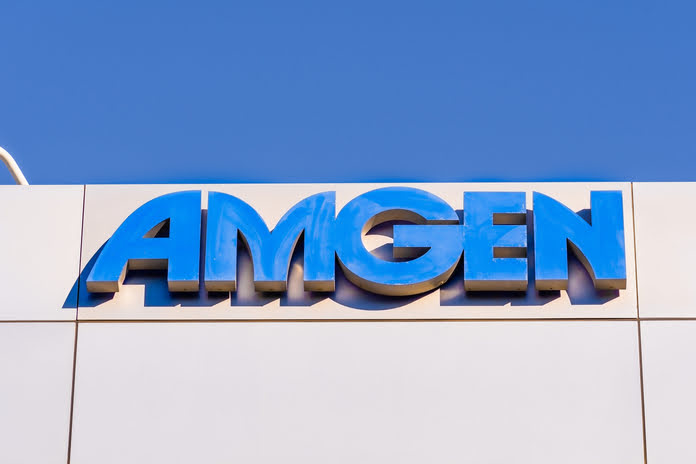In a recent development, the Federal Trade Commission (FTC) has given the green light for biotech giant Amgen (NASDAQ:AMGN) to proceed with its $28 billion acquisition of Horizon Therapeutics (NASDAQ:HZNP). While this resolution does not involve any financial settlement, it imposes several critical stipulations and restrictions.
Under the mutually agreed terms, Amgen is expressly prohibited from bundling any of its products with Horizon Therapeutics’ two essential drugs, Tepezza (approved for treating thyroid eye disease) and Krystexxa (approved for treating chronic refractory gout). Furthermore, Amgen is forbidden from utilizing product rebates or contract terms to unfairly disadvantage competing products in the same category.
Amgen will be required to seek FTC approval for any future acquisitions of competitors to Tepezza and Krystexxa until the year 2032.
In response to this settlement, Amgen has issued a statement asserting that these terms will not adversely affect the company’s operations. Following the FTC’s decision, Amgen anticipates completing the acquisition in the early fourth quarter of 2023. As a result of these announcements, both Amgen and Horizon saw an increase in their stock prices on September 1.
Year-to-date, Horizon Therapeutics’ shares have gained 1.3%, while Amgen’s shares have experienced a 2.3% decrease. During the same period, the broader industry has faced an 11.9% decline.
This development follows closely on the heels of another FTC decision to temporarily suspend its lawsuit aimed at blocking the Amgen/Horizon Therapeutics deal. The agency opted for this pause to consider whether it should pursue a settlement or engage in negotiations with Amgen and Horizon.
Back in December, Amgen had initially disclosed its intention to acquire Horizon Therapeutics at a price of $116.50 per share in cash, totaling $27.8 billion. However, the FTC filed a lawsuit in May 2023, alleging that this acquisition could potentially allow Amgen to exploit its position with insurance companies and pharmacy benefit managers, consolidating monopolistic control over Tepezza and Krystexxa if permitted to proceed. In its lawsuit, the FTC argued that these drugs currently face minimal competition in the market and are sold at notably high prices to patients.
Featured Image: Megapixl















